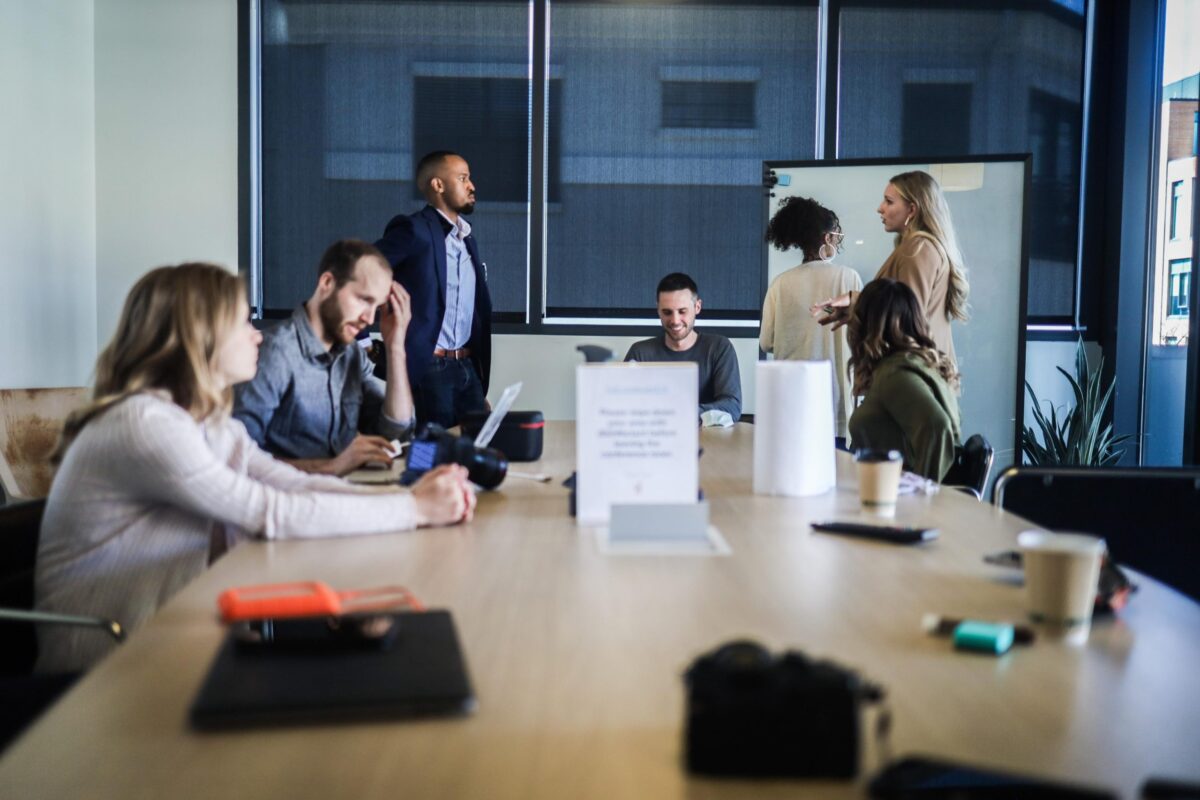
By Dr. Tony Alessandra
Let’s explore some ideas for improving brain function by actually using your brain. This is very beneficial because the saying “use it or lose it” is definitely true where the brain is concerned.
Like it or not, the human brain starts slowing down at about the age of 30. At one time, it seemed like nothing could be done about this, but new research shows you can train your mind to work faster and better — and you can do this at any age. With the right tools, you can re-condition your brain to work as it did when you were younger. What’s needed is a clearly defined regimen of brain exercise. Just as you can plan to walk or run a certain number of miles every week, you can also commit to workouts for your brain in the same period of time. The key finding in modern brain research is that the brain at any age is highly adaptable. It’s “plastic,” as neurologists put it. If you ask your brain to learn, it will learn. Moreover, you can speed up the process.
Let me give you an example of something I’ve been doing along these lines. I had never been very interested in crossword puzzles. I’m not sure I had ever actually completed any kind of a difficult
crossword puzzle at any point in my life. Then I became aware of some research that seemed to show how doing puzzles could have benefits for brain function. So I tried it and some interesting things happened.
I found that it was definitely an enjoyable activity. I gave myself some freedom in how I did the puzzles, and I think this made it more fun. I tried not to approach it as if I were taking an exam, or as if I were trying to do some serious activity that was going to benefit my mind. I was just very open to it. I didn’t tell myself that I had to complete the crossword in any specific period of time. I would just get started on it and leave it out on the table, and then over the course of the day I’d add things. I was actually very surprised by how this worked. I would feel like I couldn’t possibly do any more on the puzzle, but then when I looked at it a few hours later I would see something that I had missed — and it would actually seem very obvious. Another thing that surprised me was the way a crossword puzzle could actually be a social activity. My wife and I could do them together, or she would add some words when the puzzle was left out and then I would add some different ones later.
The truth is, it hasn’t been established in any rigorous way that crossword puzzles benefit brain function. As I mentioned, there has been some study of that question, but a convincing answer hasn’t emerged yet. The same is true of the Japanese puzzles called Sudoku, which are basically crossword puzzles with numbers instead of words. What has been established, however, is that introducing new forms of mental activity can strengthen the brain and for me a crossword puzzle was a new form of activity. If people have been doing puzzles every morning for their whole lives, there probably is not much benefit. That’s especially true if doing puzzles has become a habitual behavior in which you’re mindless while you’re doing them. However, that wasn’t true for me. Instead, I was doing a mental activity in which my brain was asked to create new connections and to operate in new areas. I can’t document that this has had benefits, but my sense is that it has. So here’s what I urge you to do: whether it’s crossword puzzles or Sudoku or chess or bridge, challenge your mind to try something different.

